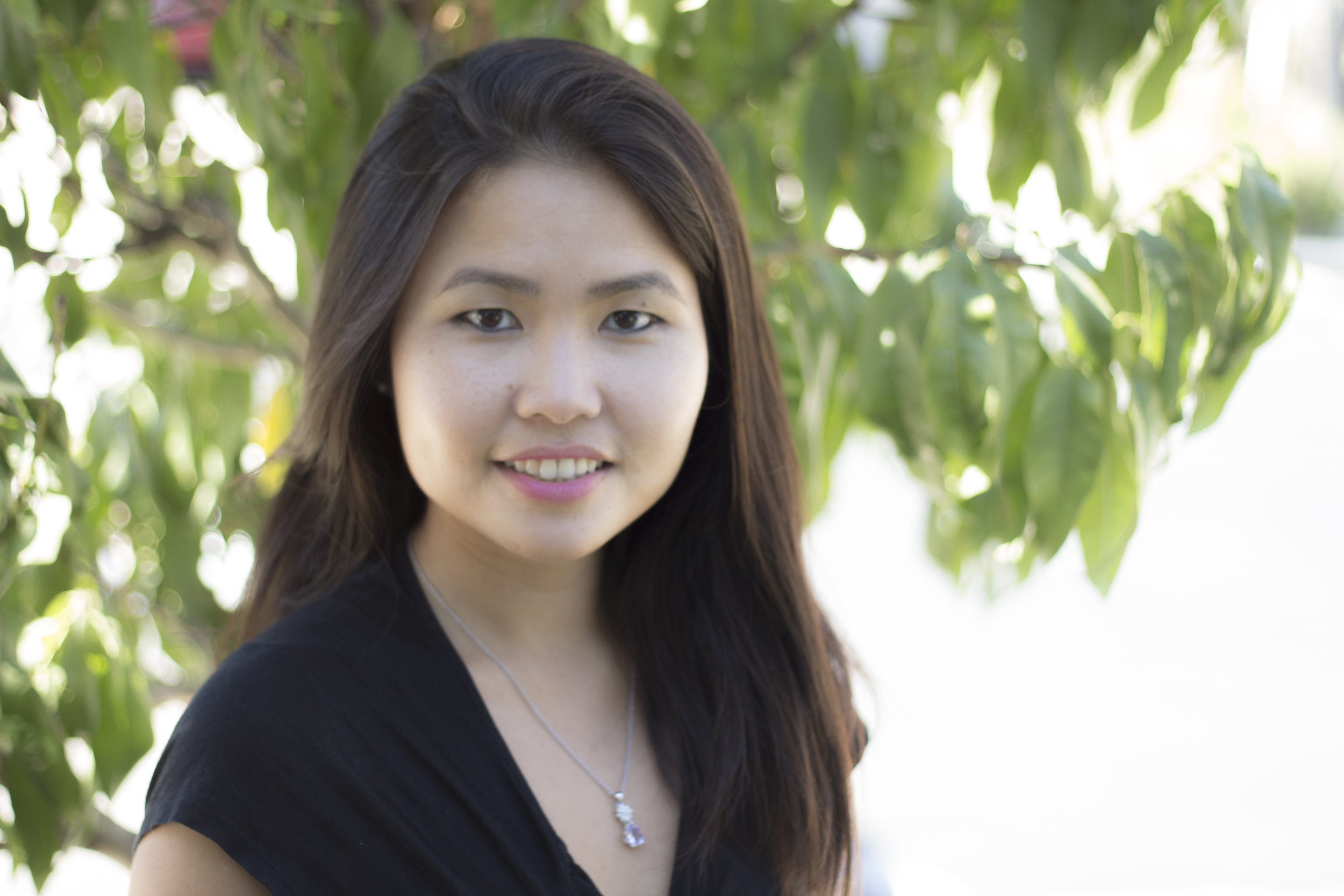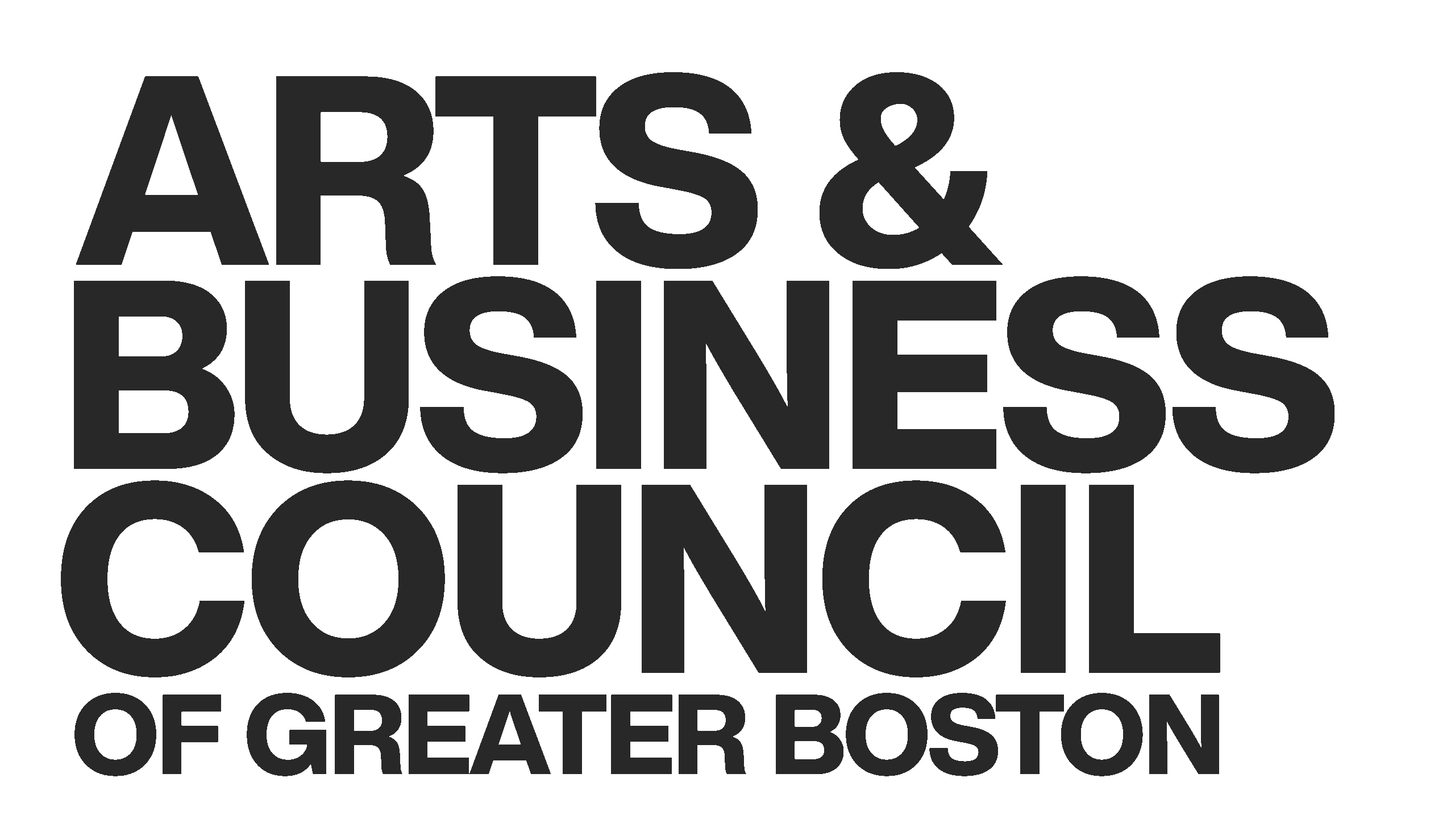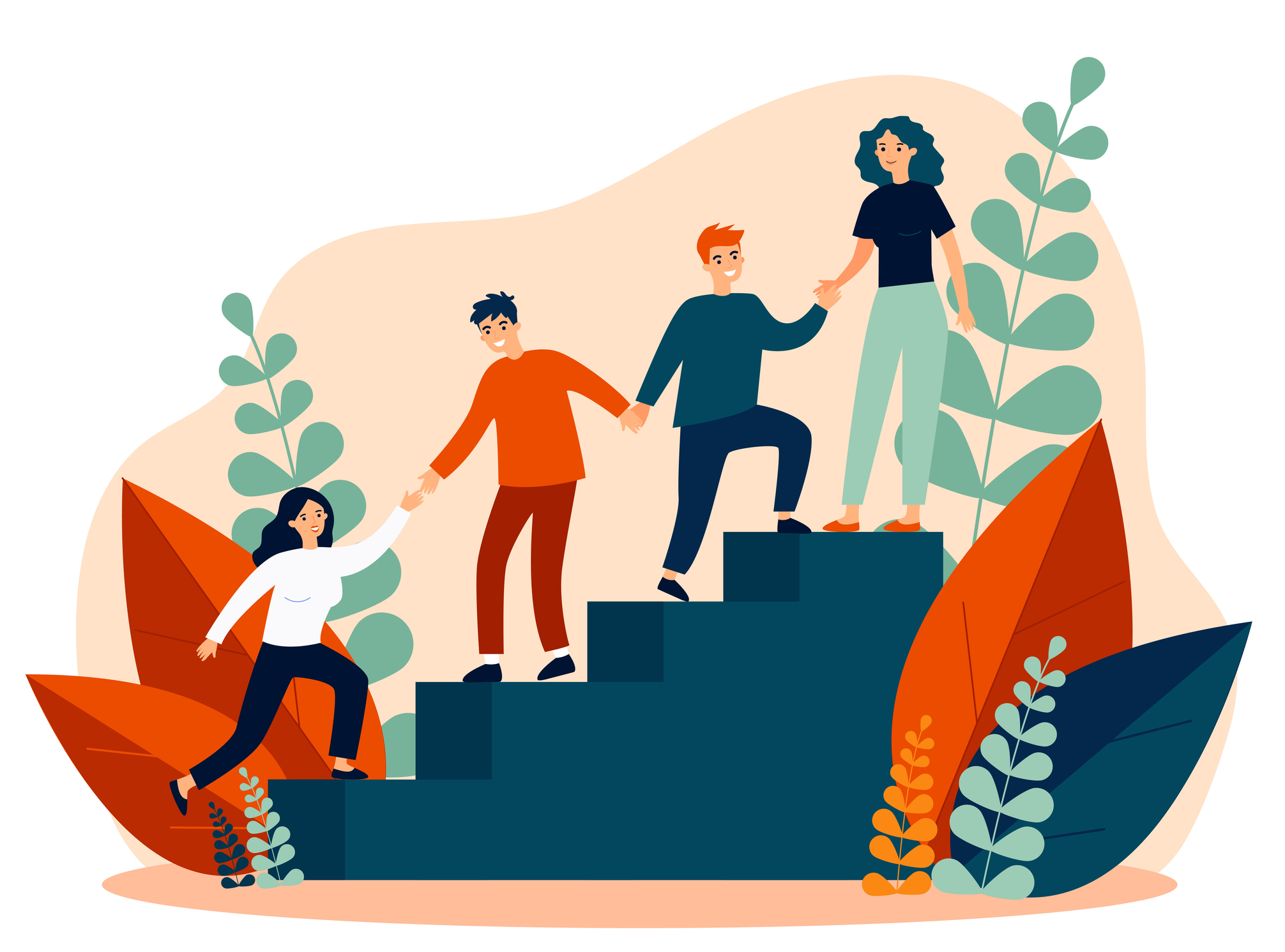As the semester comes to an end, we are pleased to share the 2025 Spring…

Ngoc-Tran Vu Talks Creative Resiliency in These Turbulent Times
One of our 2019 Creative Entrepreneur Fellows, Ngoc-Tran Vu, is with us today to discuss what she refers to as creative resiliency and protecting energies during these turbulent times.
Ngoc-Tran Vu (she/her) is a Vietnamese-American interdisciplinary artist and organizer whose socially engaged work draws from her experience as a community organizer, educator, and healer. Tran moves between mediums and materials to work in photography, painting, sculpture, and social practice so that her art can best resonate and engage with its audience. Born in Vietnam, Tran came to the United States with her family as political refugees and grew up in Boston’s Dorchester and South Boston working-class neighborhoods. She received her MA in Arts and Politics at New York University’s Tisch School of the Arts and her BA in Ethnic Studies and Visual Arts at Brown University. While Tran works across borders, she is based in Boston’s Dorchester community.
(Q) Can you talk to us about how you were affected by the coronavirus pandemic?
When COVID happened, I was already working remotely, so it was an easy transition. I’m pretty active with my community organizing background, used to going to meetings, and it’s sometimes really exhausting and so when it actually happened, with all the sickness and death that was going on, I felt it was a time of pause and reckoning, time to be still, and I tried to pivot and adapt.
In thinking around this concept of creative resiliency, for artists, in a way, we kind of know what it’s like to hustle and make things out even though the path isn’t known. A lot of this, people already know. People have lived experience too, especially for artists of color, artists who are immigrants and identify as being a refugee. People know how to make things work. People know what it means to be resilient.
(Q) In your Artist Statement, you say you have a “particular investment in the intersections of storytelling, cultures, and activism, spotlighting those who are willing to step out of bounds to advance social change.” Can you speak to how the killing of George Floyd and the subsequent social justice movement influenced you?
Racism has always been there. This was right in people’s faces. I’ve started recent training around thinking about movement building and the Black Lives Matter movement in this very moment and the rise of social media and how this moment is inspiring people and there is a shifting.
I went to the march in Nubian Square in Boston, and it’s the biggest protest I’ve been to and I was seeing all the young people and a lot of white people. I was kind of surprised and at the same time really inspired. It felt really different. I was like, wow. Other protests, other things I’ve been a part of, this felt really different. There is something so powerful, about the energy in that moment, and especially the wide spread of it around the country and the world. It’s been amazing the stances people are taking. They are not letting things slide. I feel fundamentally that’s how things have shifted.
I ask myself: How do you promote your work in this period where social media is so intense? How can you still continue to put work out there and be socially conscious and not directly tied to the Black Lives Matter movement? These are some of the questions coming up- it’s really tricky, to not sound tone-deaf, and to be mindful of the atmosphere while still trying to make a living.


